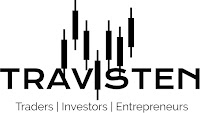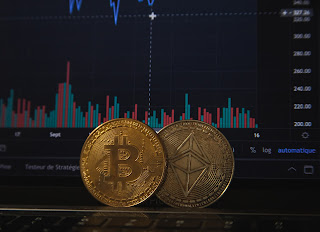How the Saint Lucia Citizenship By Investment Program Can Benefit Crypto Investors Seeking a Tax Haven
Photo by yousef alfuhigi on Unsplash Cryptocurrency investors are always on the lookout for tax-efficient solutions to minimize their tax liabilities. One option that is gaining popularity among investors is the Saint Lucia Citizenship By Investment Program. In this article, we'll explore how this program can benefit cryptocurrency investors looking for a tax haven country. Saint Lucia is a sovereign island country located in the Caribbean Sea. Its Citizenship By Investment Program (CIP) was established in 2015, allowing investors to obtain a second passport by making a qualifying investment in the country. Saint Lucia's CIP has become a popular choice for high-net-worth individuals and entrepreneurs seeking a safe haven to protect their assets and minimize their tax liabilities. Saint Lucia's second passport permits travel to 145+ global countries visa-free, including the United Kingdom, Singapore, Hong Kong, as well as the European Union countries. The Saint Lucia pass...









